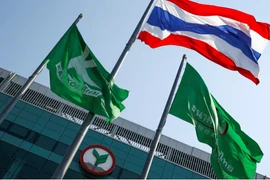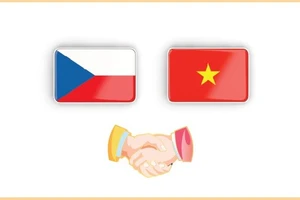According to the Trade Policy and Strategy Office (TPSO) of Thailand, headline inflation rose 7.1 percent in May compared to the same period last year, accelerating from 4.7 percent in April.
Ronnarong Phoolpipat, director-general of the TPSO, said the increase was in line with rising inflation in other countries, especially among advanced economies such as the US and the EU member states.
He attributed the rising inflation of the country to increasing demand following the economic recovery, tight supply, and trade and economic sanctions against Russia, saying that all of these combined to cause a supply-demand imbalance.
According to Ronnarong, energy prices surged by 37.2 percent year-on-year in May owing to the rise of global oil prices, the end of the subsidy on cooking gas, and the rise of the fuel tariff (Ft) value. The low price base last year also contributed to current inflation.
The Thai Ministry of Finance reported that the country’s CPI in May rose by 1.4 percent from April, following an increase in almost all product groups, especially energy, fresh fruits, meats, seasoning and condiments as well as personal care.
In the first five months of 2022, headline inflation in Thailand rose 5.19 percent from the corresponding period of 2021, with core inflation increasing 1.72 percent./.






























